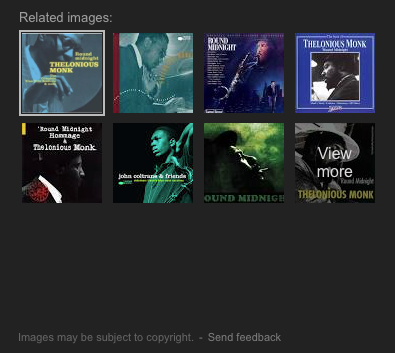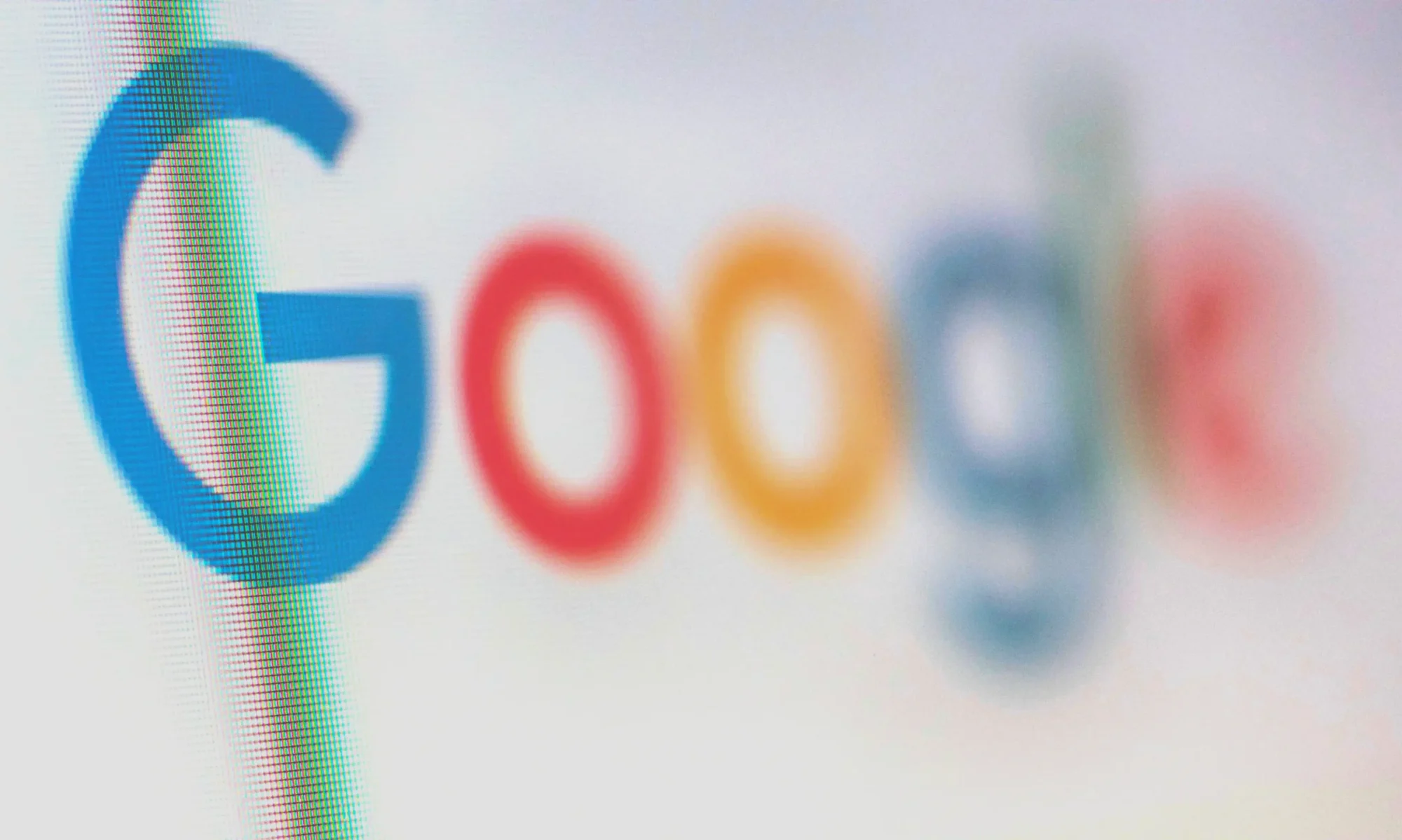The technology you used to read this is complex. When you need to use this technology to promote and support your business you need to make good decisions even though it’s difficult to know what the important parts to that decision might be. I firmly believe that it’s my job, when working on your behalf, to help you make the best possible decision given all the known circumstances. The following is a story on how this approach played out in an actual copyright case.
I was privileged to work with one of Chicago’s foremost copyright attorneys to act as an opinion witness on behalf of a photographer who was concerned about how his work had been used without his permission. His work had been downloaded as a result of a Google search and posted to a blog created in the WordPress CMS. This particular blog had a contract to provide its content to a national network owned by one of the world’s largest media organizations. If that weren’t interesting enough the photograph itself is instantly recognizable as iconic by a large group of people of a certain age who are Chicago sports fans.
Beyond the details of the case there are the principles it represents and the process by which these matters are sorted out.
Copyright was first implemented to protect artists’ ownership of their own work. “Copyright came about with the invention of the printing press and with wider literacy. As a legal concept, its origins in Britain were from a reaction to printers’ monopolies at the beginning of the 18th century.”
Google informs its users in the results of all images searches that the images “may be subject to copyright”.

But what does that mean? Because of the Internet it now seems that the principle of copyright is less understood by the general population than ever before. “Most jurisdictions recognize copyright limitations, allowing “fair” exceptions to the creator’s exclusivity of copyright and giving users certain rights. The development of digital media and computer network technologies have prompted reinterpretation of these exceptions, introduced new difficulties in enforcing copyright, and inspired additional challenges to copyright law’s philosophic basis.” Certainly the mass infringement suits against music uploaders made the news frequently. The “David vs. Goliath” nature of these added to the confusion. It may be that the definition of “fair use” is starting to become broader.
In my years as a professional photographer I resorted to bringing suit against infringers of my copyright several times. It was this familiarity, in part, that qualified me to have an informed opinion about the facts of this case. In my current role as a search engine optimization consultant I have the extensive knowledge of how Google and the other search engines function regarding the search returns of images.
It is the process of describing the highly technical aspects of every step of how and where this image (likely) showed up on the Internet to the judge in a legally articulate way that has broader implications for my SEO practice. This process was a collaboration between the attorney and myself. Collaboration is a part of every one of my projects. When I begin I know much less about the business at hand than my client. By working together we create a synthesis between our areas of expertise that moves the project forward. In this case I articulated an argument that the defendant likely had a copy of the infringing material on their servers. In fact, their statement that it had never resided there contradicted their own terms of service. This kind of indeterminacy illustrates the difficulty that business decision makers must also deal with whenever making decisions regarding the use of technology. It was my responsibility in this case to help the judge make a good decision just like I do with all my business clients.
Timing and budget are parts of both the judicial and business processes. However, the judiciary has a distinctively different rhythm. Only there can either side request extensions but the judge determines how much time will be allotted. Also unlike in business, the judge as the decision maker does not have to pay for the cost of the extensions.
The judge made a decision with which we disagreed. But, in his statement he addressed the points that we raised carefully one by one. Although he ultimately decided that the display of our client’s photo was “fair use”, he clearly took our arguments very seriously. Even though the decision didn’t go our way the needs of our client were served properly given all the circumstances.
You can make the decision to read more articles like this on our website:
https://searchenginemarketingchicago.com
You can also decide to contact me directly @GarySigman
“expert witness”* = opinion witness within the legal profession

